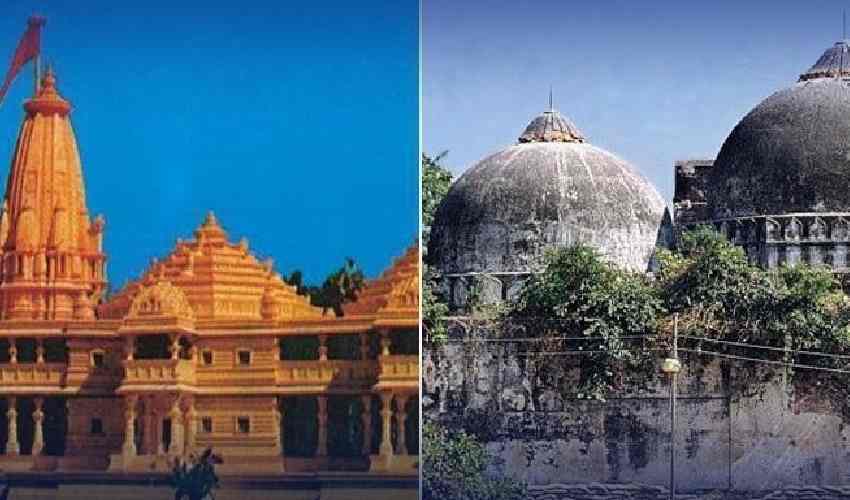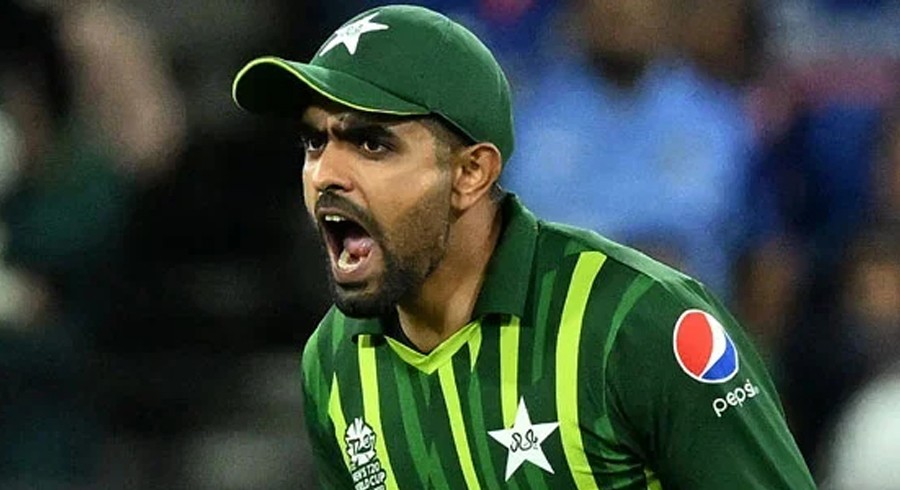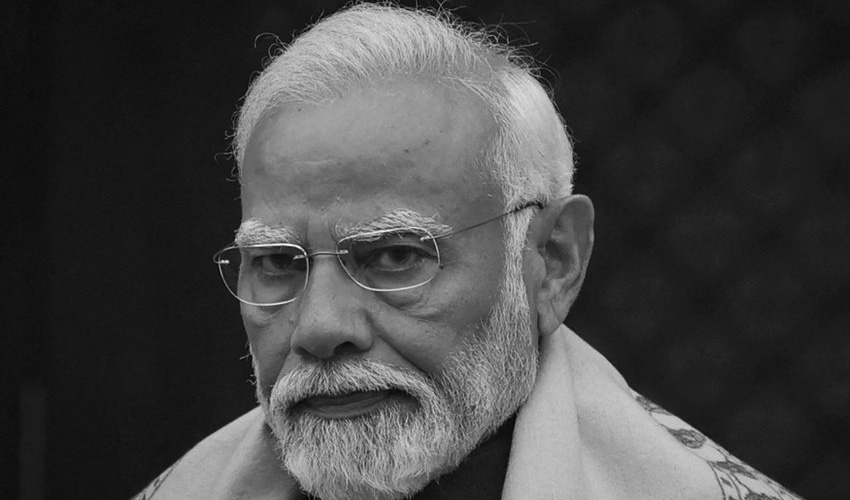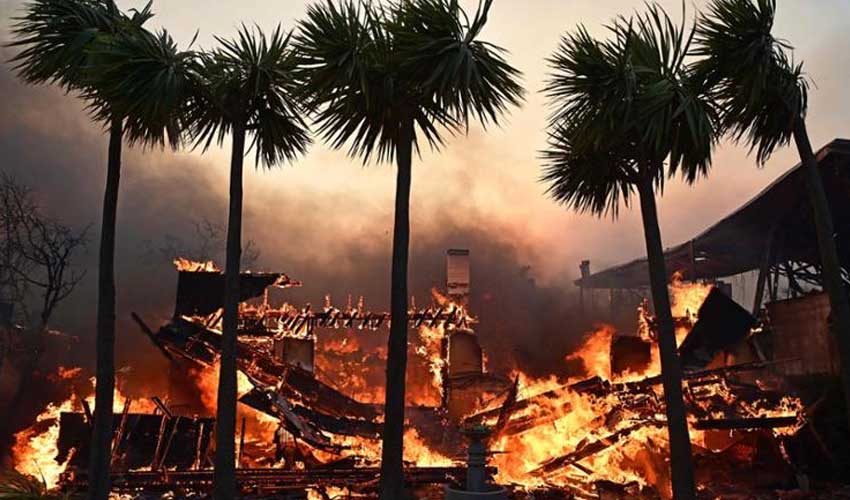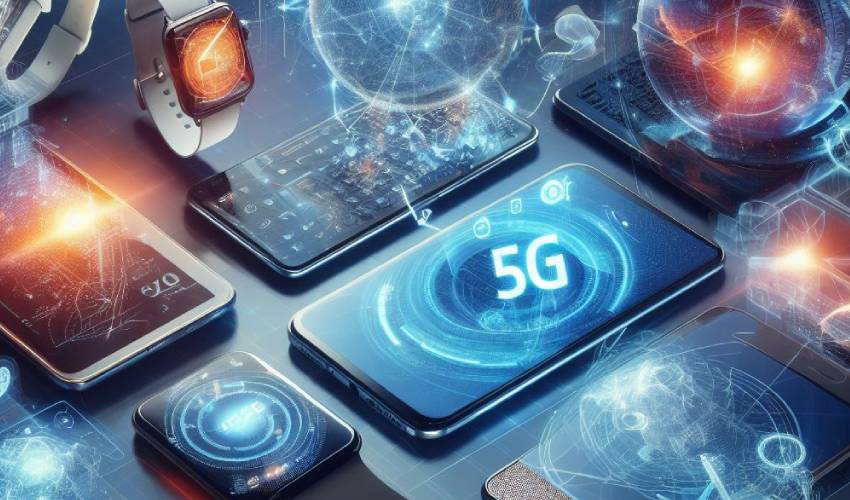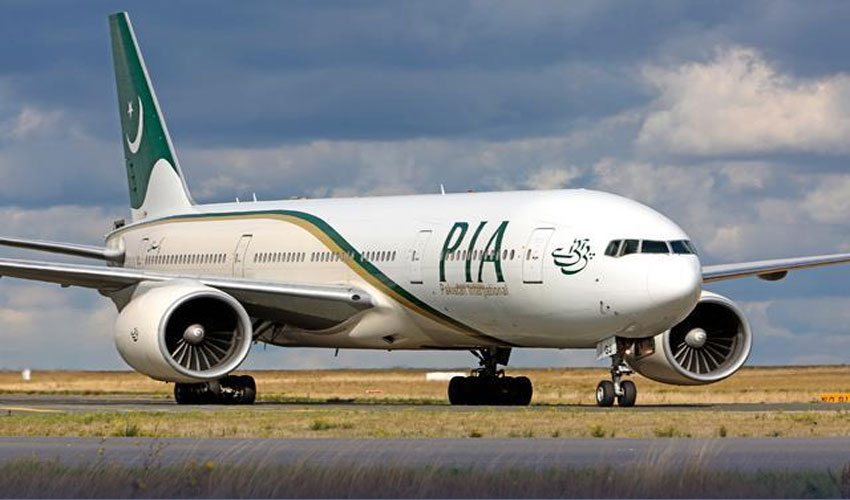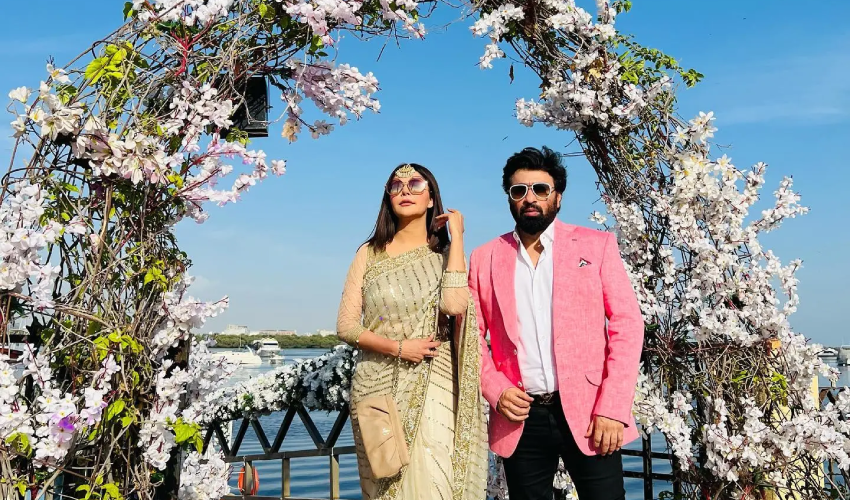In Ayodhya, the upcoming inauguration of the Ram Temple triggers painful memories for the Muslim community, as the site was once home to the Babri Masjid, demolished by extremist Hindus in 1992.
Recalling the tragic events, Shahid, an Ayodhya resident, shared the heartbreaking story of his father being set on fire by Hindu extremists on the day of the Babri Masjid demolition. The incident claimed not only his father but also the lives of his uncle and other relatives.
As the Ram Temple's inauguration approaches, Shahid expresses the emotional burden carried by the Muslim community, stating, "The inauguration of the Ram Mandir will be a joyous day for Hindus, but our hearts remain heavy." He laments the loss of their mosque and the rupture of relationships that occurred during the demolition.
#AyodhyaRamTemple inauguration rekindles pain for #Muslims, recalling #BabriMasjid's demolition in 1992.
— SAMAA TV (@SAMAATV) January 21, 2024
Beyond #Ayodhya, concerns rise as #Hindu extremists reportedly threaten not just mosques but also #churches and #gurdwaras. 🕌💔 #SamaaTV pic.twitter.com/5n08rkuCYW
According to social activist Azam Qadri, the construction of the Ram Temple exacerbates the divide between Muslims and Hindus. He points out that the individuals responsible for the Babri Masjid demolition, the Hindu-Santosh couple, show no remorse, with one of them stating, "I have no regrets about demolishing the Babri Masjid."
Beyond Ayodhya, concerns rise as Hindu extremists reportedly pose threats not only to Muslim mosques but also to Christian churches and Sikh gurdwaras. Critics argue that in the face of such incidents, India's claim to being a secular state appears disconnected from the harsh reality on the ground.





